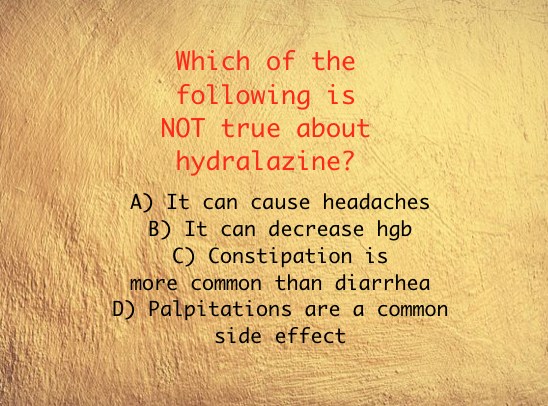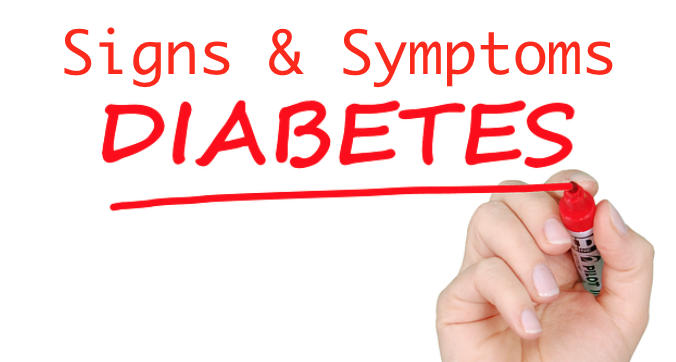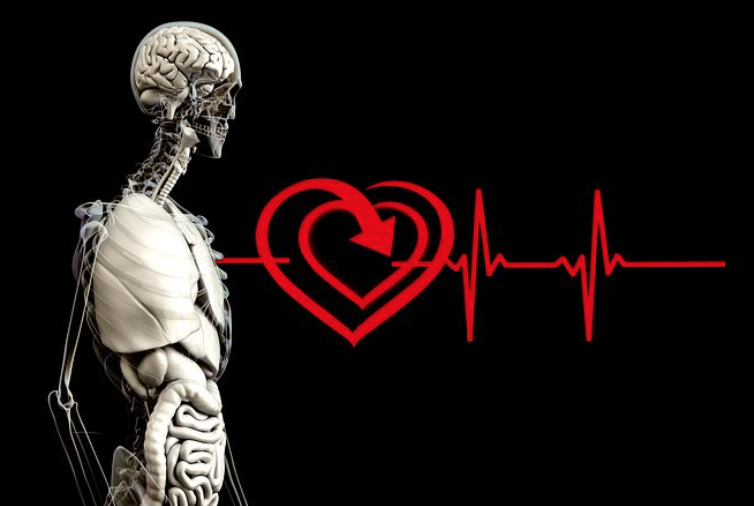WANT THE MOST CURRENT POSTS SENT TO YOU? SIGNUP:
[jetpack_subscription_form]
Nursing hacks, study tips, NCLEX questions, diagnosis made easy, pharmacology made easy, career tips, and so much more! Subscribe today, hit the notification bell to get the latest uploads!

PANDEMIC FATIGUE
Pandemic Fatigue is a new term that is being used a lot recently. According to Jacqueline Gollan, Pandemic Fatigue “occurs when people show low motivation or energy to comply with safety guidelines”. It involves being a little less vigilant with social distancing and other such suggested precautions.
In the hospital there are constant alarms, call lights, and other recurrent noises. Many nurses become de-sensitized to the alarms going off and have less urgency in their responses to the alarms. It often concerns hospital visitors to see a nurse ignoring an alarm. This phenomenon of decreased sensitivity is something called “alarm fatigue”. If you are a medical professional, you have likely experienced alarm fatigue. Karen Daniels, RN-BC explains that “when too many alarms are false or clinically insignificant, nurses tend to respond more slowly, a phenomenon called alarm fatigue.” (2)
Alarm fatigue is similar to Pandemic Fatigue. People often ignore warnings because they have heard the warnings over and over again. And often these alerts are false alarms. In regards to COVID, for some it may not seem like a “major issue” because of the lack of any significant negative experiences with COVID. This is similar to when a nurse walks into a room to address a beeping machine or alarm and realizes that it was just a “false alarm”. In some ways it has the same effect of “cry wolf”-which leaves individuals less likely to respond to alarms. If it happens repeatedly, people are less likely to respond or worry. Kristen Rogers from CNN explains that filtering out what is an actual emergency and what is not, gives a “perception of control as a way to manage threats” and it “can make you more confident about the things that once scared you, because you’re now reassured that you’re safe.“(1)
COVID has been exhausting for many people and can manifest physically and mentally. A great analogy was explained by Jane Pernotto Ehrman, MEd.“It’s like we’re in the middle of the ocean. The ocean is COVID-19 and we’re not seeing land anywhere. It’s that feeling of helplessness. Like there’s nothing you can do — or you can do everything right and still get sick.”(4)
So what are the signs of Pandemic Fatigue and what can you do about it?
SIGNS YOU MAY HAVE PANDEMIC FATIGUE:
- Disregard and or disbelief of new recommendations
- Impatience with warnings
- Bending rules
- being less vigilant with wearing a mask
- being less vigilant with washing hands
- being less vigilant with social distancing
- De-emphasizing the risk of COVID
- Decreased sensitivity to warnings
- Feeling over-stimulated with information
- Lack of energy and feeling unmotivated
- Feeling mentally drained and unable to focus
- Increased irritability
- Changes in sleep patterns (negative)
- Decreased productivity; feeling like can’t get your day started
WAYS TO COPE WITH PANDEMIC FATIGUE:
- Limit your time on social media platforms
- Information overload happens easily
- Exercise routines at home
- Exercise can boost the feel good in your body
- Find a family/friend routine like “eating dinner”, wine time, or games over FaceTime.
- People love traditions. It gives them a sense of control and something the feels normal. Something to look forward to
- Keep a routine.
- If you are working from home- get up in am and get yourself ready as if you were going to work (maybe not the un-comfy clothes-but whatever makes you feel normal)
- Avoid unhealthy coping methods:
- Alcohol binges
- Smoking
- Binging on junk food
- Helping others
- Helping others has a way of helping you see the bigger picture
- Helping others takes focus off of your worries
- Immerse yourself in nature
- Find the funny
- Laugh and laugh a lot. Although illness is not a funny thing there can be silver lining in the negative situation
- It gives you a sense of control. Almost like it is just a story that one day you will tell others
- It is one of the healthiest things you can do to keep your immune system on the ups.
MEDICAL QUESTION






